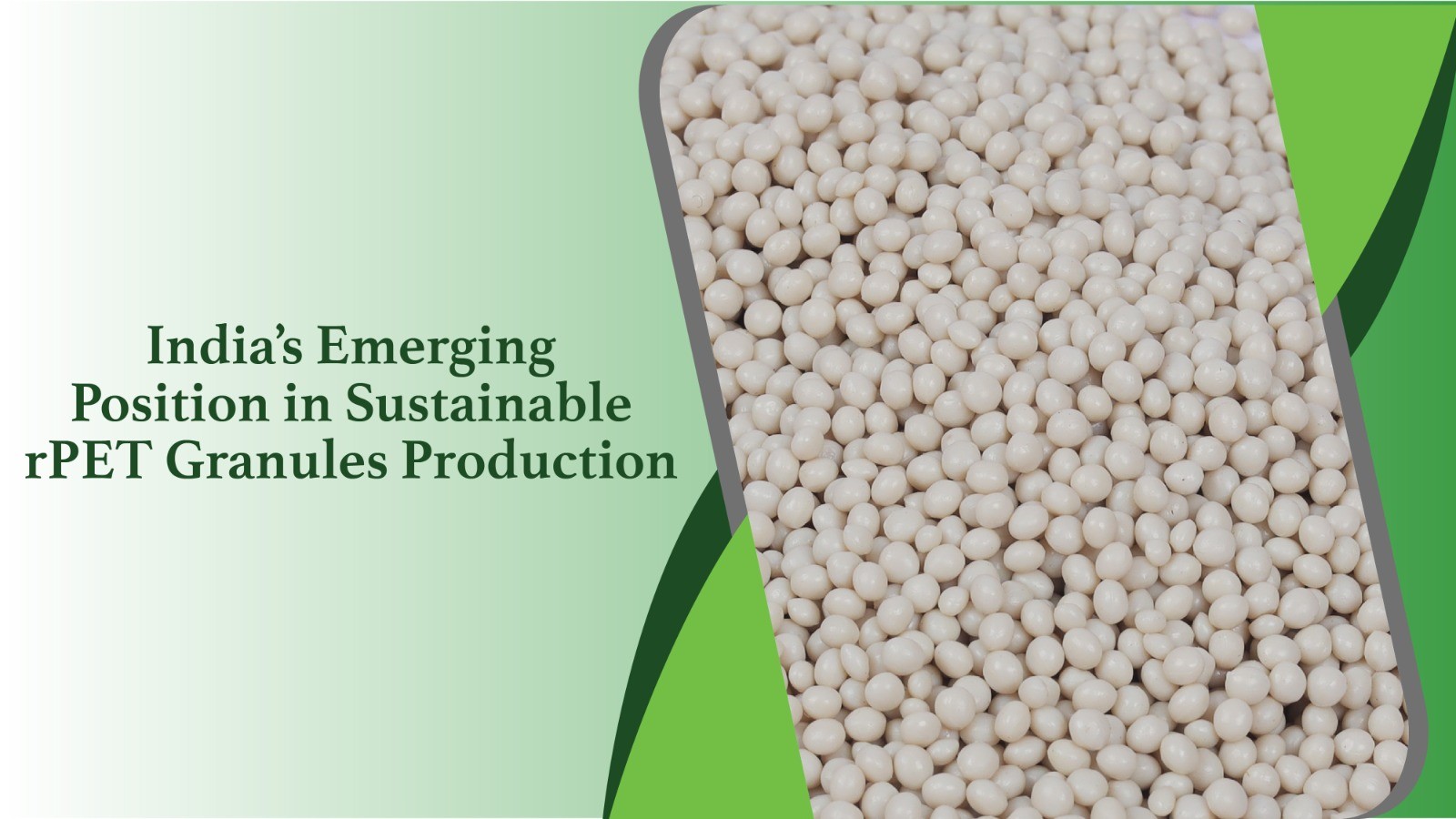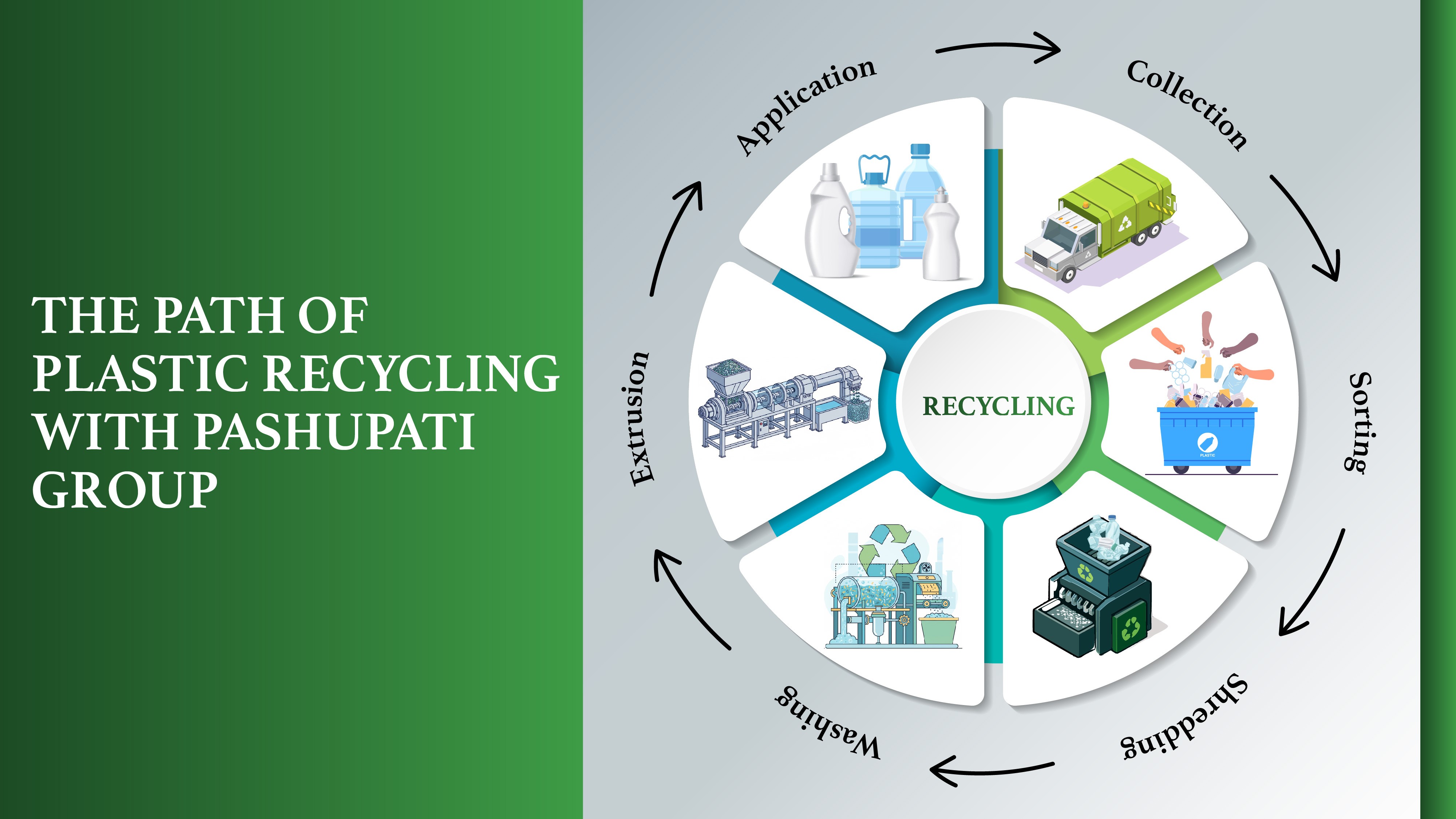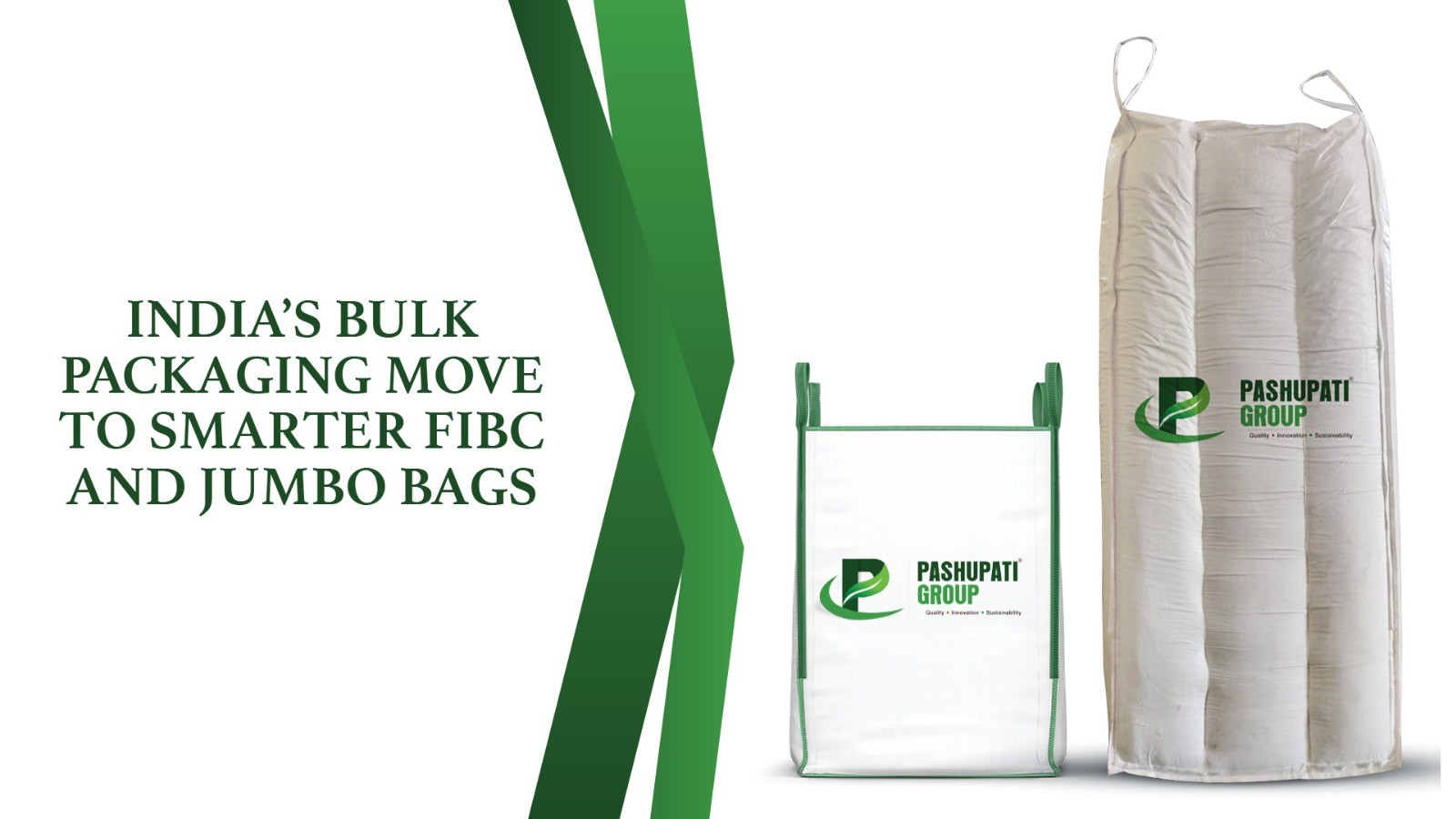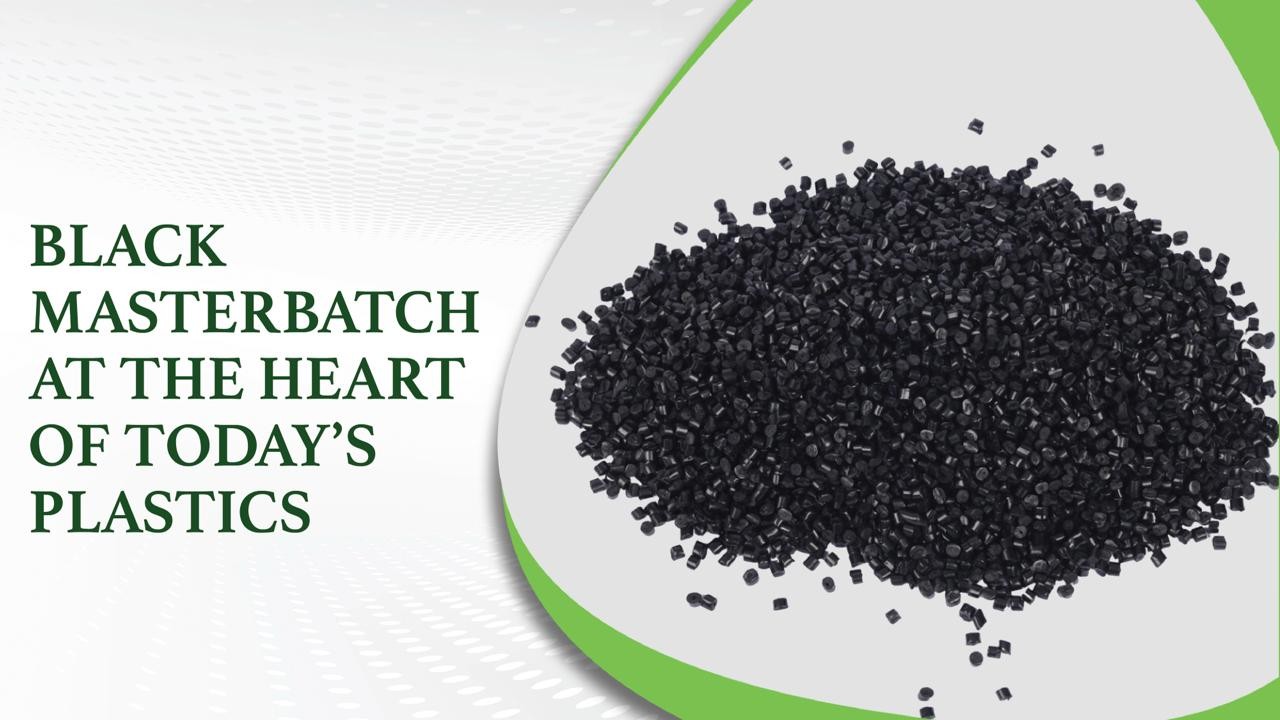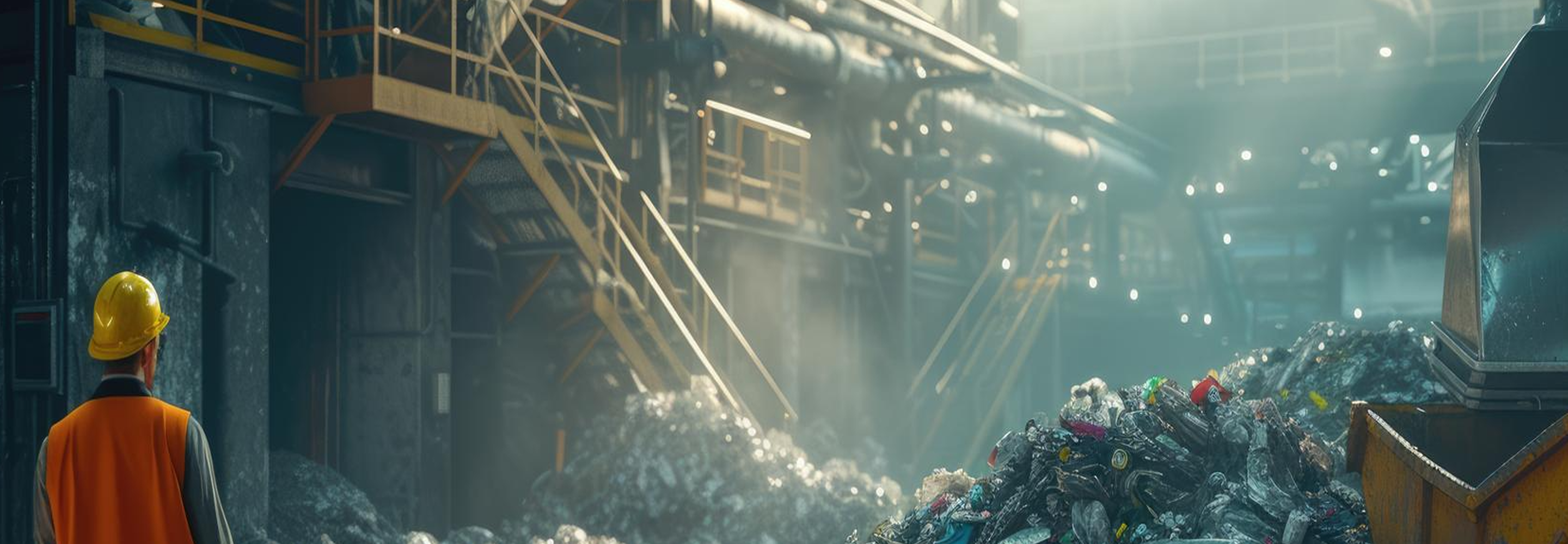
BLOG
POPULAR ARTICLES
What is Recycle Polyester
23 July, 2024
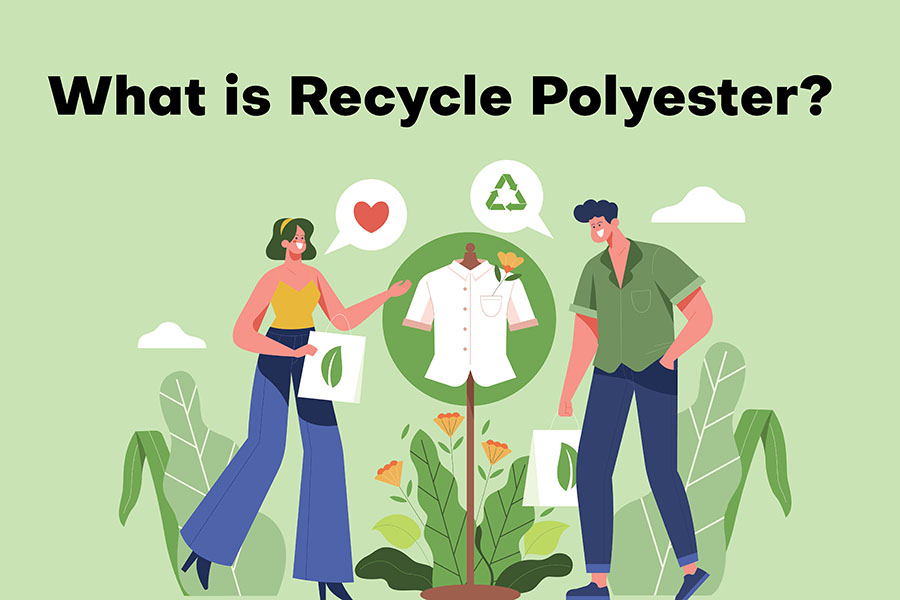
Imagine purchasing a new shirt and suddenly discovering that the label reads, "I was a plastic water bottle." Will you believe it? It might come as a surprise to many that a significant portion of fashionable designs are crafted from recycle plastics. This process predominantly involves Polyester recycling. But what exactly is Polyester recycling? Let's understand this-
Polyester is widely used in various industries given the feature and characteristics of not absorbing moisture, inherently stain resistant and is an excellent insulator. Some of the common case uses are clothes, home furnishings, industrial fabrics, and electrical insulation. Because it does not absorb moisture, is inherently stain resistant, and is an excellent insulator.
Polyester, recycled. Polyester is a robust, flexible, and long-lasting textile material manufactured from synthetic fibers. Polyester belongs to the polymer class of compounds. PET is the most popular polyester resin; it is an abbreviation for polyethylene terephthalate, a polymer made up of ethylene glycol and terephthalic acid. PET is widely used in plastic bottles. Recycling PET allows us to reuse natural resources rather than deplete them. Recycled polyester does not degrade the quality over the time of the standard version: it feels exactly like new.
The recycling process is the key to transforming plastic waste into a range of products such as cushions and carpets. This transformation is not mystical; rather, it relies on various recycling methods. Initially, we acquire PET, primarily sourced from PET bottles, but we also focus on other PET waste materials.
PET waste such as food containers, waste yarns, and textiles.
There are two common types of recycling for polyester: first is mechanical recycling and second is chemical recycling.
1- In the mechanical recycling process- plastic bottles are first cleaned and then chopped into flakes before undergoing color sorting. Subsequently, they are converted into molten chips and later subjected to an extrusion and texturing process to produce fibers.
2- In the chemical process - after most of the chemicals are utilized, PET is thoroughly cleaned and broken down before yarn is spun from the resulting material. It is essential to use the same fiber for this method to function smoothly.
Use mechanical recycling methods. It works in several steps:
-Plastic garbage is washed and sorted to make it clean and safe for use.
-The plastic waste is crushed into little flakes.
-The flakes are then melted together at high temperatures to form homogeneous pellets.
-The homogenous pellets are subsequently spun into fibers and yarn.
Answer the following questions that are mostly asked -
1- rPET Chips Food Grade
These PET preforms are heated and then molded into the different size and shape. This completes the bottle-to-bottle loop, assuring a more sustainable future for packaging and taking a step toward a more plastic free environment. Recycled PET is completely safe for use in food packaging and has been authorized by many authorities and governments throughout the world.
2- rPET Chips Textile Grade
To make textile grade rPET Chips, we employ premium quality rPET Flakes that go through a superclean recycling process to produce high-quality products appropriate for a wide range of high-speed spinning applications.
Conclusion
We as Pashupati group, Recycled polyester or 'rPET' is created either mechanically or chemically by collecting PET, usually in the form of used plastic bottles, and sorting, washing and breaking the material down to be spun into yarn that can be adapted to include performance technologies like moisture-wicking and temperature regulation
To know more about, Visit this- https://pashupatigrp.com/who-we-are
RECENT BLOGS


